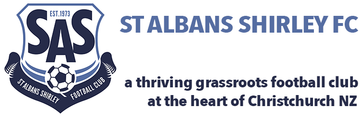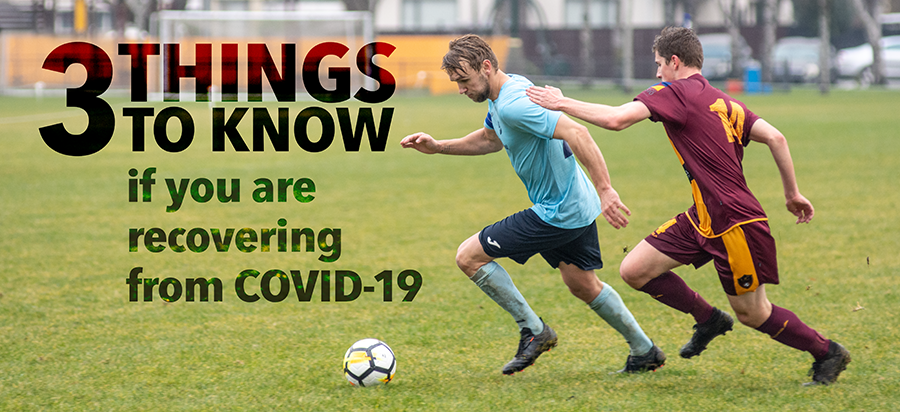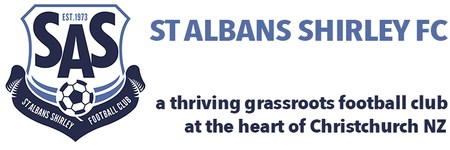Returning to exercise following COVID infection
If you or a family member are recovering from the COVID_19 virus, especially if you have been bedridden or inactive for a while, it may be tempting to get straight out there and get your fitness levels up again. However, studies published recently in the US have found exercising while you are sick with COVID-19 or immediately after you’ve recovered can be harmful and potentially dangerous.
All players are encouraged to review the following Q&A before exercising after you are COVID-free. This guidance is aimed at Youth and Senior footballers, but you may be interested to take note if you have younger players in the family, as the risks are related to severity of infection, as much as a person’s age or normal fitness level.
Q: I feel ok. Why is it a good idea to hold off on exercise?
A: Your body needs extra time to heal and recover from Covid
The COVID-19 virus causes inflammation throughout the body, which can cause lung and heart damage, including heart dysfunction and abnormal heart rhythms. The risk of damage is not limited to older adults. Many younger people with COVID-19, including super-fit athletes, can also suffer from conditions like myocarditis (an inflammation of the heart muscle). These types of conditions can worsen or create dangerous situations if we over-exercise too soon after recovering from COVID-19.
Q: How do I know when I’m ready to return to exercise?
A: Gradually increase your exertion levels following recovery
Avoid strenuous activities and exercise for at least 7 days after your symptoms have completely resolved. Aim for gentle walking only. Before returning to other forms of exercise, you must be able to effortlessly complete normal daily activities, like doing the dishes, getting dressed and completing basic household chores. You should also be able to walk at least 500m on flat ground without experiencing fatigue or breathlessness.
Q: What should I look out for?
A: Monitor your symptoms and tolerance of basic exercise
Stop whatever you are doing if you experience any chest pain, difficulty breathing, shortness of breath, abnormal heartbeats, light-headedness or other symptoms. Never assume you are just out of shape, and don’t ignore persistent fatigue. If you or a family member experience any of these symptoms, you should contact your family medical practice to discuss the symptoms with a qualified medical practitioner to determine the best course of action.


